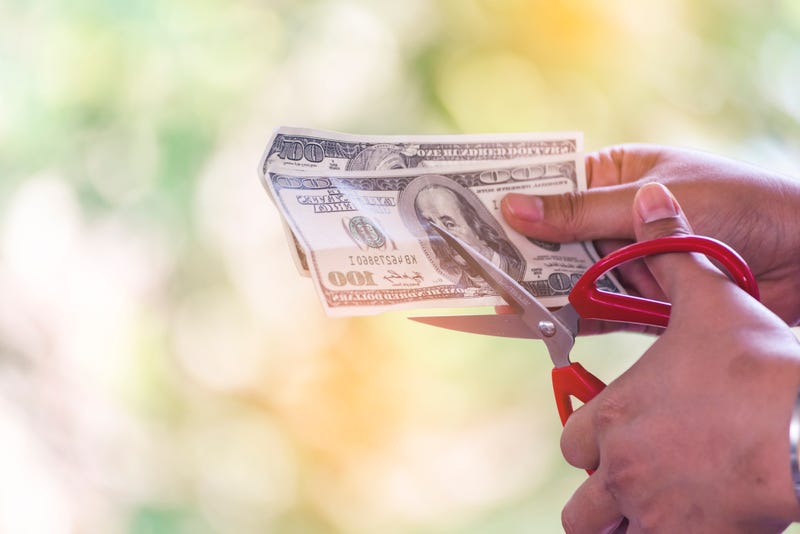
Consumers got a reprieve from interest rate hikes last month, but more are expected to come down the pipeline, Guy Williams, president of Gulf Coast Bank and Trust, said this week during his chat with WWL’s Newell Normand.
These rate hikes make credit card payments more expensive and make it harder to borrow money. However, the Federal Reserve Bank keeps announcing them in an effort to bring down inflation.
According to a July 12 report from the U.S. Bureau of Labor Statistics inflation rose again in June, following a trend that has lasted over a year. However, the 12-month inflation increase was down to 3%, closer to the Fed’s goal of 2%.
“The troubling number is the core, which the Federal Reserve likes to watch, is 4.8%. And remember, their target is 2%,” Williams said. Core inflation does not include oil or food prices.
Williams also said “there’s a lot of nervousness about how quickly we can get the actual rate down to 2%,” and that rate hikes can be expected at the next Fed meeting later this month as well as the August meeting.
As consumers wait on the Fed’s rate hike decision, prices for non-core inflation items such as gas and food continue to be volatile. That’s in part due to the Organization of the Petroleum Exporting Countries (OPEC) and the Russian invasion of Ukraine.
“While gasoline prices are down for the year, that 26% year over year, the likelihood is they may start going the other direction later this summer. So that that keeps the Fed on edge,” said Williams. He said that Saudi Arabia, a major OPEC player, benefits when oil prices go up. However, he said the U.S., Iraq and Israel could put pressure on Saudi Arabia by producing more oil.
Russia, which has encountered setbacks in its invasion of Ukraine, has also disrupted the global economy by backing out of a grain deal.
“Vladimir Putin is really challenged. It was embarrassing that basically a ragtag militia could get within 100 miles of Moscow with nobody stopping them,” said Williams of the recent Wagner rebellion in Russia.
Williams explained that Putin is using the grain deal as a way to remain relevant.
“He’s nervous. He’s looking for things to do… so he’s retaliating with things like this grain deal… there was a deal to ship grain from Ukraine through the Black Sea to Turkey, and it’s been negotiated by Turkey, Ukraine and Russia.”
This deal was important to Egypt, Indonesia, China and others that by a lot of Ukrainian grain. With Russia pulling out, those markets are expected to feel the pressure. Western Europe’s economy could also be disrupted as Ukraine sells its grain there, creating an oversupply. Eventually, the U.S. is also expected to feel the impact of the deal.
“It’s unfortunate that Russia is using food as a weapon, but I mean, that shouldn't be a surprise if you consider everything else they’ve been doing in Ukraine,” explained Williams, who said that Egypt in particular could be hard hit by the grain deal.
“Bread is a fundamental food source in Egypt, and it pushes the price up,” he said. “We’ve got a lot of people that are living on the poverty line that really can't afford to pay more. So when their grain prices go up and they have to seek alternate sources, they just don't eat as much. And it really is a humanitarian disaster. A significant percent of... Ukrainian grain is sold to the U.N., which is used for food relief.”
Listen to Williams’ full conversation with Normand here. They also discussed updates on the housing market and the Biden administration's latest attempt at student loan relief.
Follow KNX News 97.1 FM
Twitter | Facebook | Instagram | TikTok


